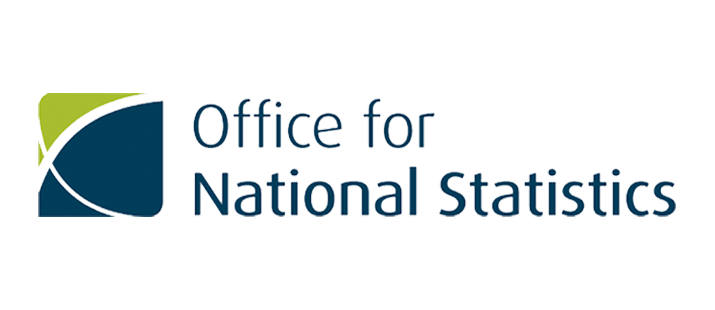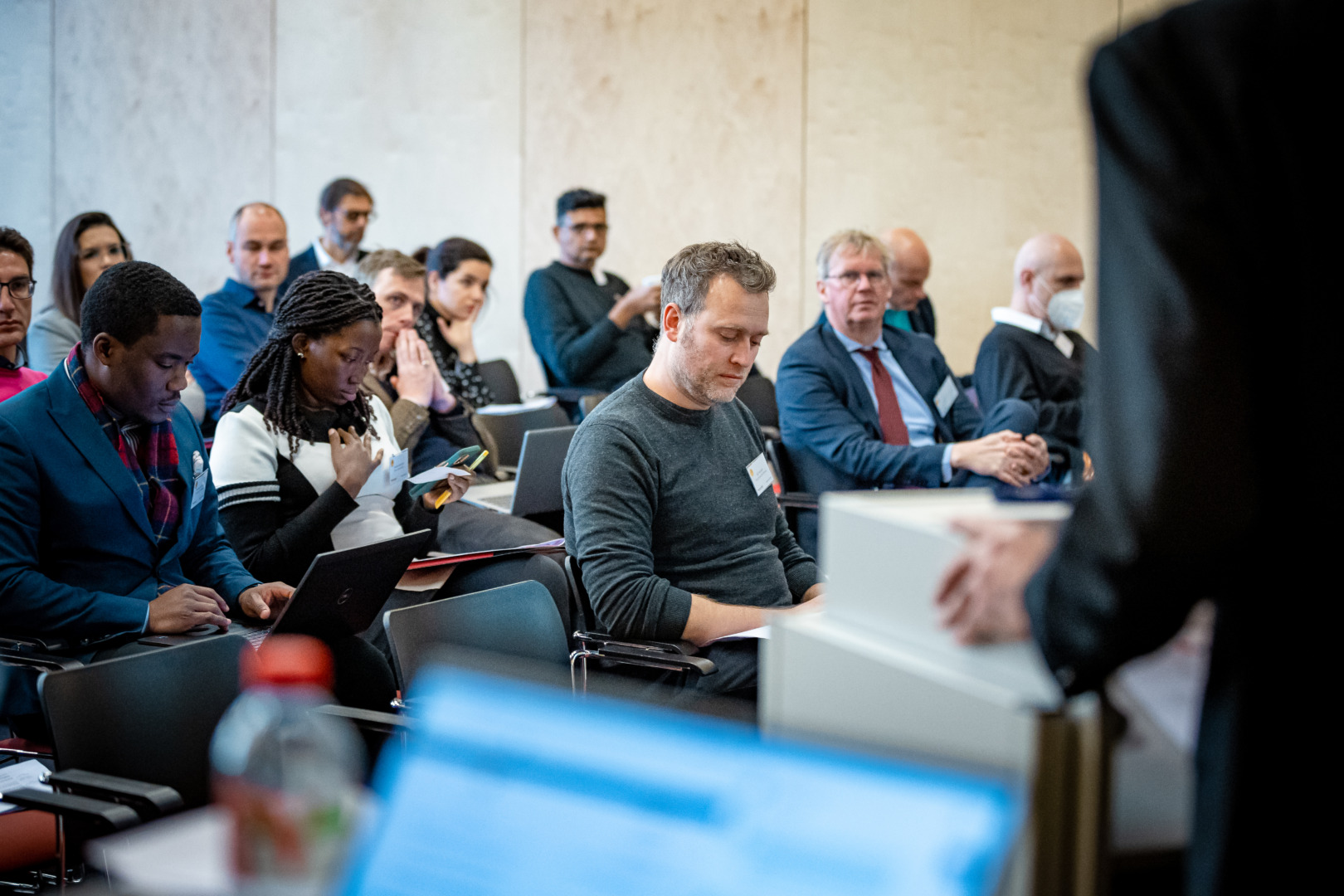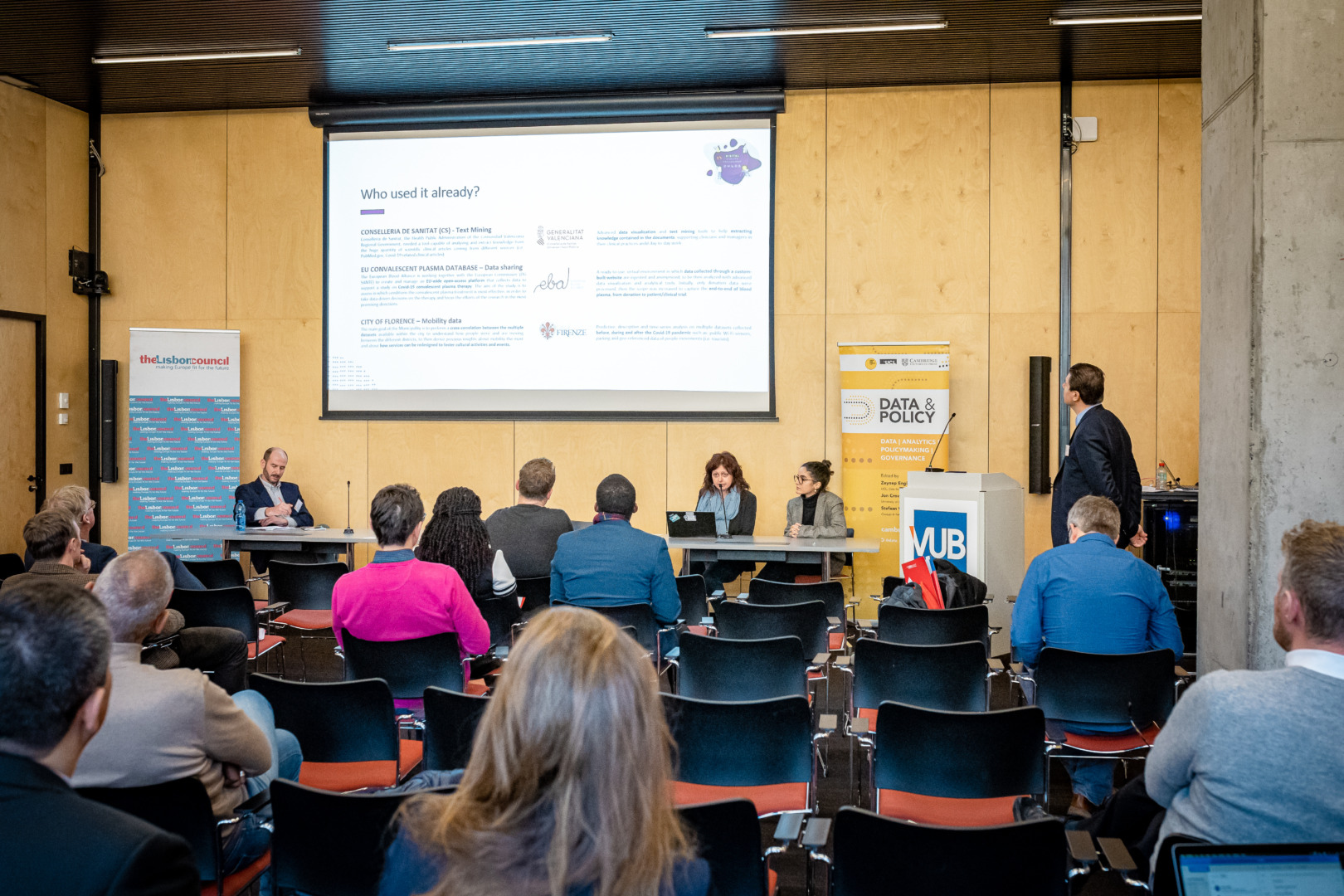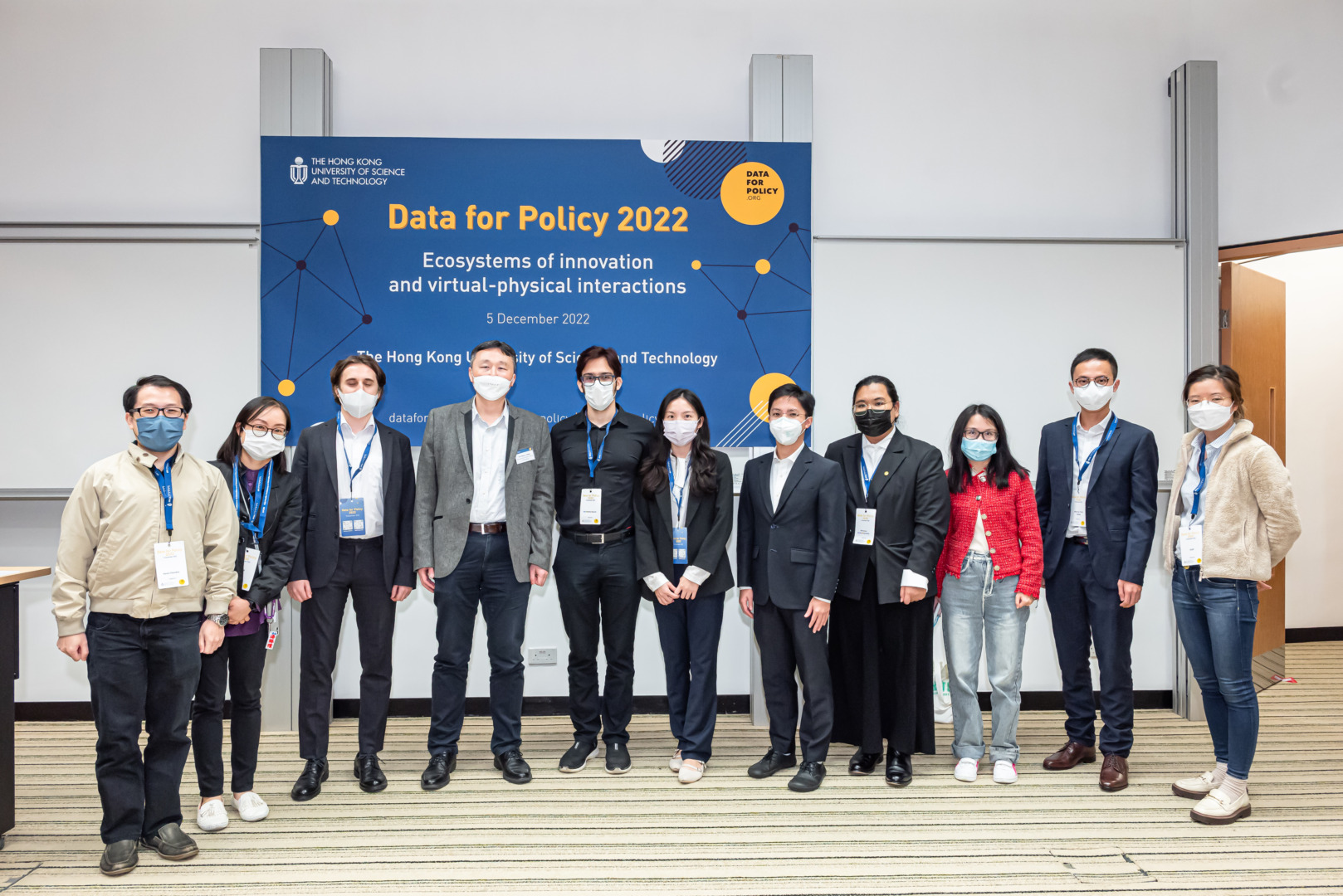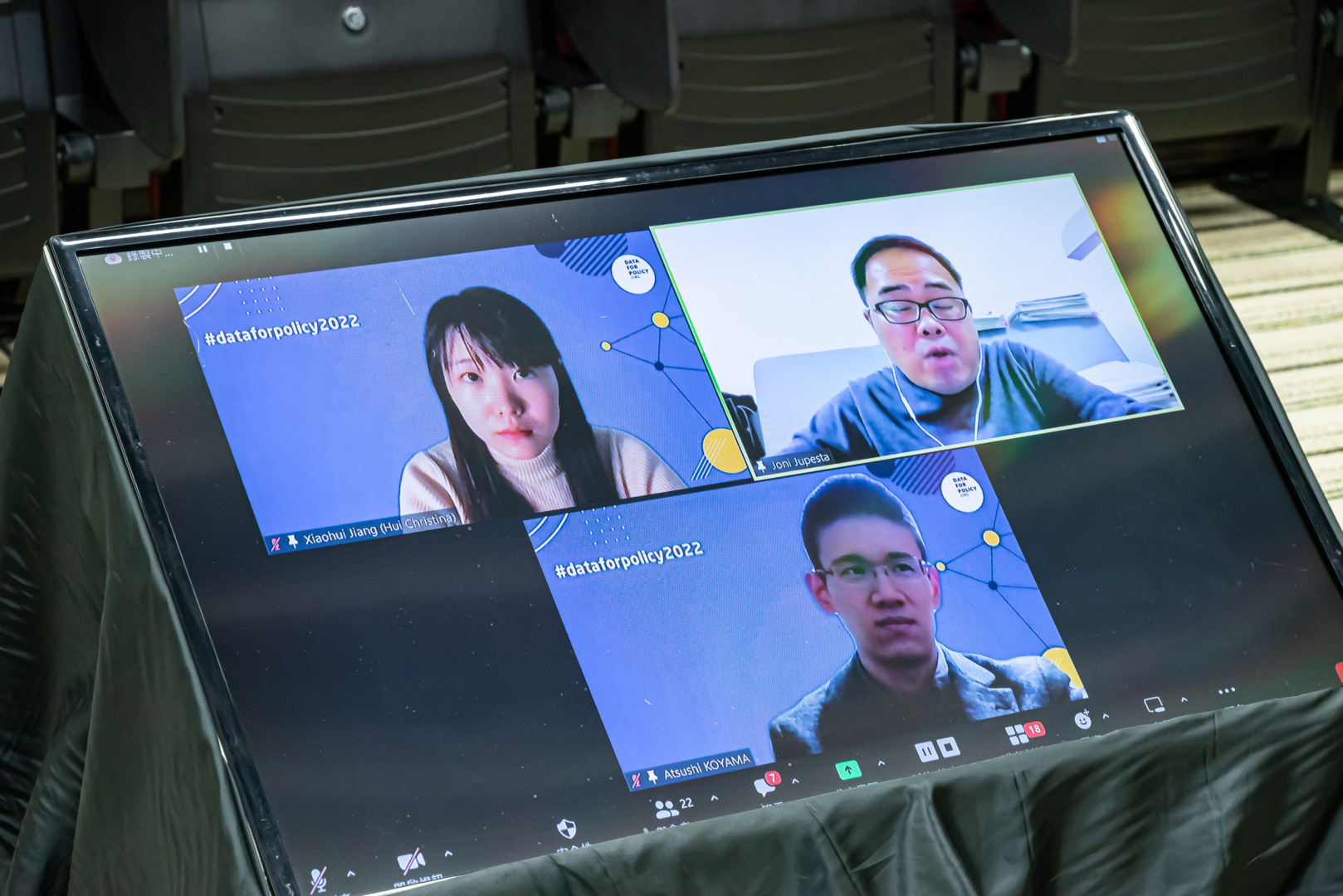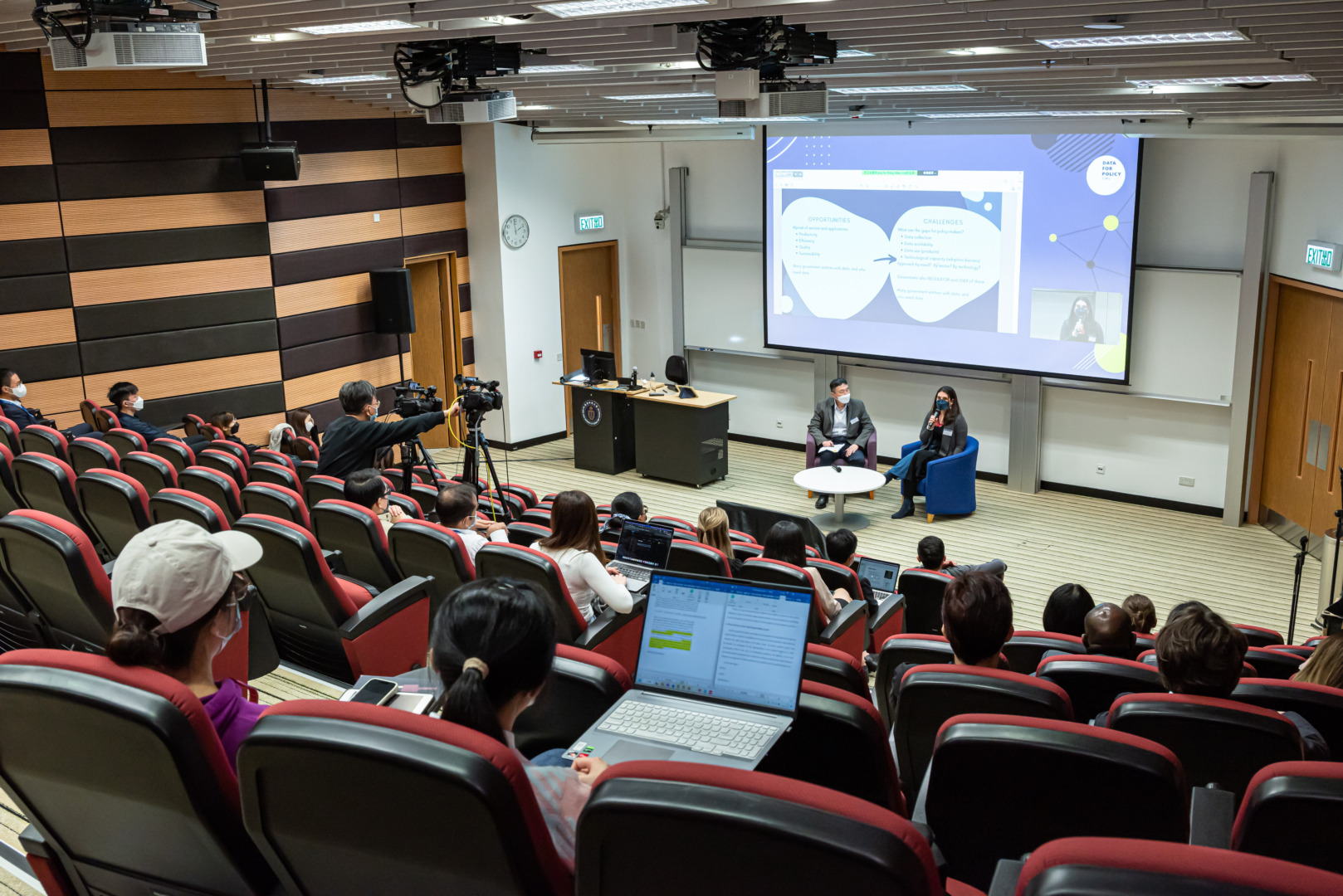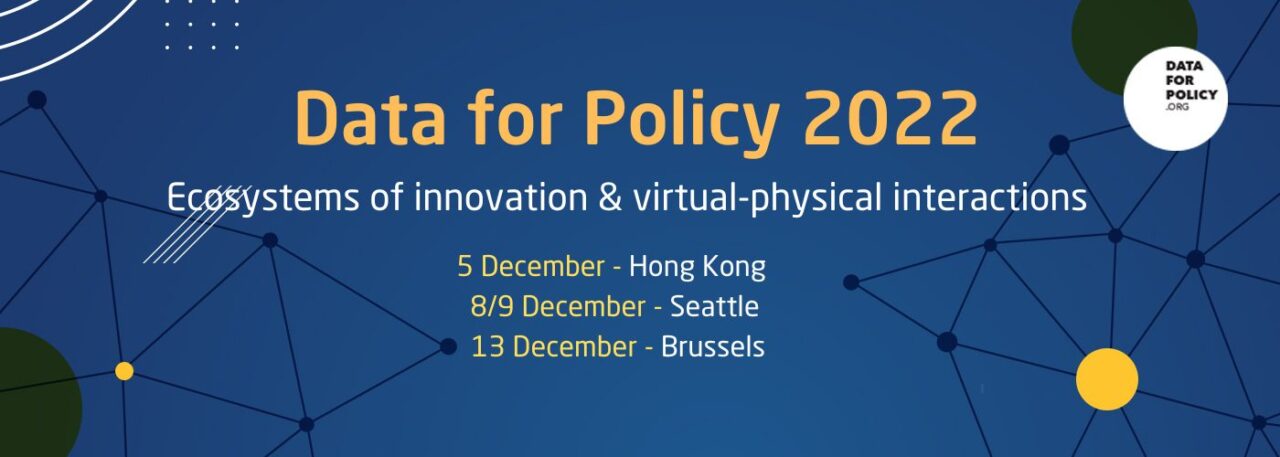
Data for Policy 2022 – Ecosystems of Innovation and Virtual-Physical Interactions
Hong Kong University of Science and Technology, 5th December; University of Washington and Bill & Melinda Gates Foundation, Seattle, 8/9th December; Vrije Universiteit of Brussel, 13th December
Discussions about holding Data for Policy 2022 in three regions outside the UK started in January. After 11 months of planning, on December 5, the 7th edition of the internationally-renowned conference was launched by Professor Masaru Yarime, at the Hong Kong University of Science and Technology. This was followed by events in Seattle, and conclusion in Brussels.
Conference general chairs (Zeynep Engin, Jon Crowcroft and Stefaan Verhulst) were delighted to work with esteemed colleagues Masaru Yarime in Hong Kong, Leigh Anderson (University of Washington) and Stanley Wood (Bill & Melinda Gates Foundation) in Seattle and Francesco Mureddu (The Lisbon Council) in Brussels, who acted as regional chairs. Each convened a regional committee of experts, and together they steered the content of each programme. This included the many individual contributions received in response to our call for papers, which formed the backbone of each.
Both general and regional conference chairs extend immense gratitude to the central management team (Emily Gardner and Andrew Hyde) and the regional management/administration teams for their outstanding support in ensuring the success of these regional editions!
In Hong Kong, participants were treated to an insightful keynote lecture from Noboru Koshizuka (Tokyo University) entitled ‘Data-driven society: toward the democratization of innovation’ – a subject at the heart of the data for policy dialogue. A plenary panel of experts (Kira Matus, Hong Kong University of Science and Technology; Junseok Hwang, Seoul National University; and Sabrina Luk, Nanyang Technological University, Singapore) focussed on regional issues in ‘Facilitating Data-Driven Innovation: Opportunities and Challenges in Asia-Pacific’. Individual contributions were showcased in sessions including ‘Data, Emerging Technologies and Citizens’, ‘Political Economy of Data Policies and Strategies’ and ‘Governance and Management of Data-driven Innovations’.
The Seattle conference was generously supported by the Bill & Melinda Gates Foundation, who hosted a pre-conference event at their local campus. Shaida Baidee (Open Data Watch) and regional co-chair Stanley Wood acted as hosts and moderators for three excellent panels. The discussion continued the next day, at the Evans School at the UW. Both events featured fascinating debates on different aspects of data, with panellists including Jake Effoduh (York University, Canada), Vin Gupta (UW, Amazon and NBC), Aylin Caliskan (UW), Natalia Carfi (Open Data Charter), Leah Tivoli (City of Seattle), Kayla Lar-Son (University of British Columbia) and Oscar Figueroa Rodriguez (COLPOS, Mexico). Carl Bergstrom (UW) delivered a topical keynote lecture on ‘Social media, Collective Decision-making, and the Stewardship of Global Information Flows’, and individual contributions covered the topics including ‘Citizen Data and Data Governance’ and ‘Data and methods to inform Covid lessons’.
The final instalment was hosted by the Vrije University of Brussels. The day started with a series of short ignition talks in plenary, before running a number of parallel sessions of individual contributions. Special track sessions included ‘The future of Border and external security: From Data to Policies’ and ‘Public data for private gain or public benefit? Debating the use of public sector data by private actors’. The Aapti Institute (India) ran a highly-engaging workshop on ‘Exploring the possibilities for citizen-generated data and governance models to shape sustainable cities and communities’. Gianluca Misuraca (Universidad Politécnica de Madrid) delivered the keynote lecture on ‘AI for delivering government services’. Emanuele Baldacci chaired a panel discussion on ‘Use of high value datasets for policy making’. The conference closed with a panel reflecting on the common themes and differences in the discussions across the three regions, with Barbara Ubaldi (OECD), Francesco Mureddu and general chairs Zeynep Engin (Founder and CEO, Data for Policy) and Stefaan Verhulst (Govlab).
Conference outputs, including videos and the programme from each region are available here.
Keynote Speakers
Carl Bergstrom, University of Washington
Noboru Koshizuka, Tokyo University
Gianluca Misuraca, Universidad Politécnica de Madrid
Plenary Speakers
Junseok Hwang, Seoul National University
Wanxin Li, City University of Hong Kong
Sabrina Luk, Nanyang Technological University
Kira Matus, Hong Kong University of Science and Technology
Francesco Mureddu, Lisbon Council
Barbara Ubaldi, OECD
P. Vigneswara Ilavarasan, Indian Institute of Technology
Stefaan Verhulst, Govlab
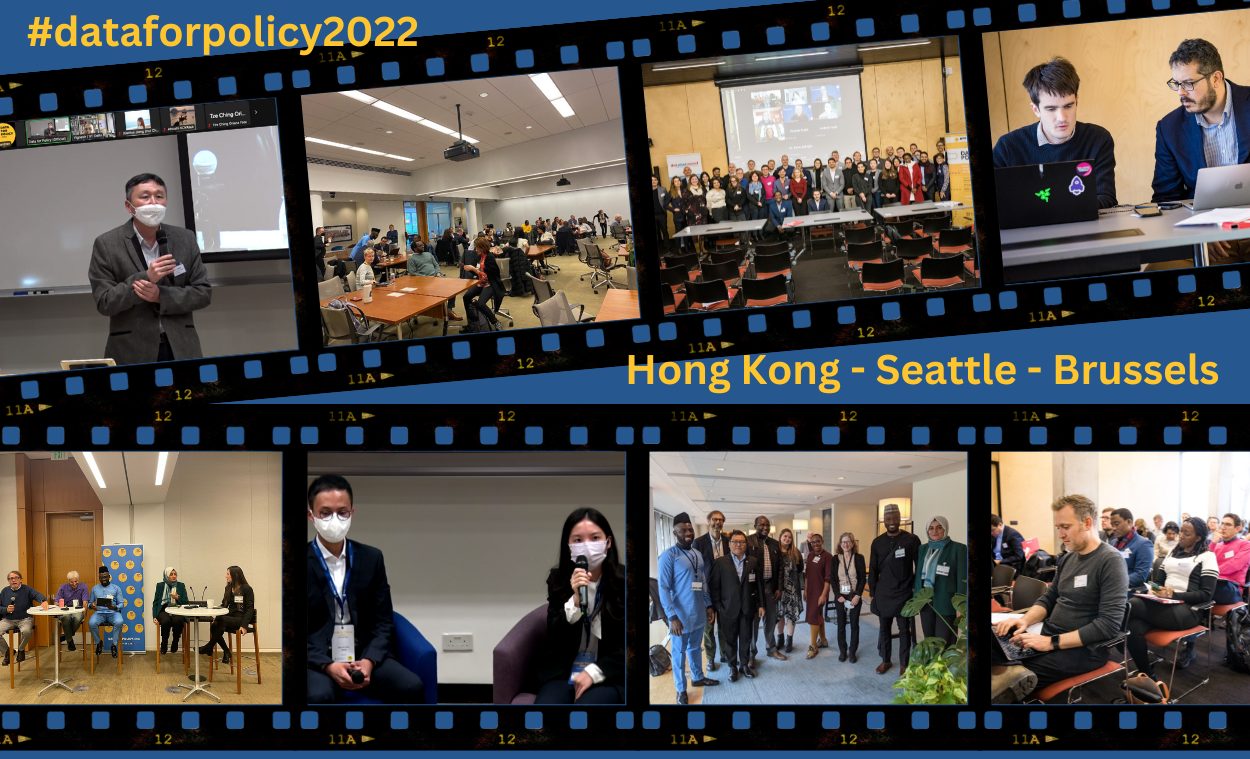
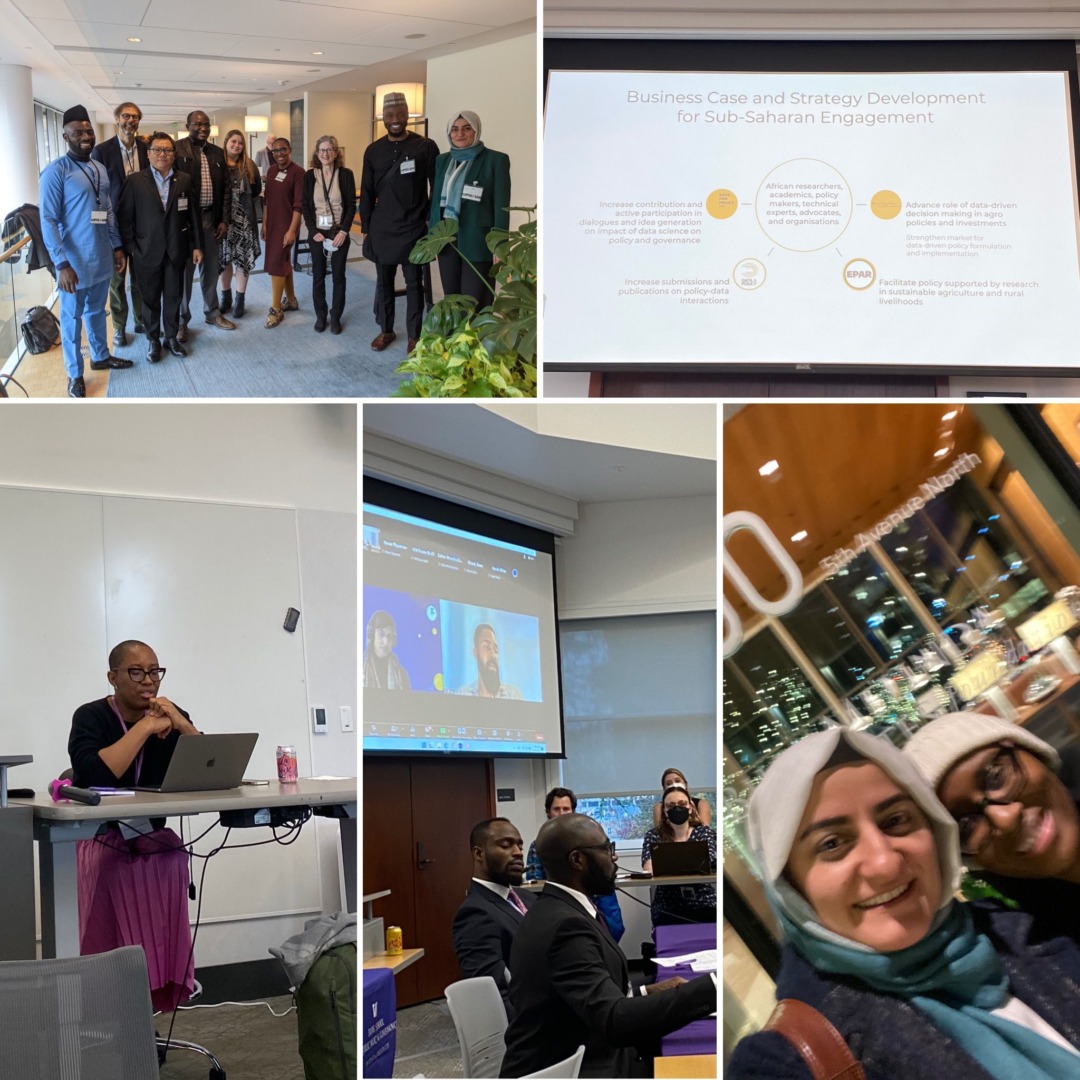
SubSaharan Africa engagement project launched
Our project of pro-active engagement with Sub-Saharan Africa, in partnership with the Bill & Melinda Gates Foundation and the Evans School Policy Analysis and Research Group (EPAR) from the University of Washington, launched at the Seattle edition of the Data for Policy conference.
Diasmer Bloe, researcher on the project, presented an overview of the project, and results of initial research informed by literature review and interviews with key informants. The project aims to boost African scholarly, industry, and policy participation and contribution to the Data for Policy community and the Data & Policy journal. Various activities are underway, including planning for workshops in East and West Africa, and key informant interviews with representatives of the community and African data and policy ecosystem.
The funding provided support for the conference, including the enhancement of our Inclusion Scholarship programme which offered discounted conference registration, and travel support to exceptional candidates. We were pleased to support 19 individuals through this scheme, a number of whom attended the Seattle and Brussels conferences in person.



